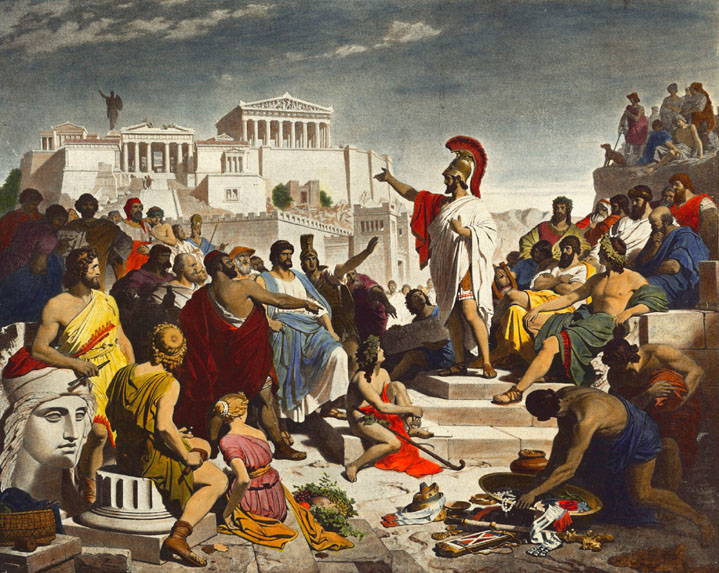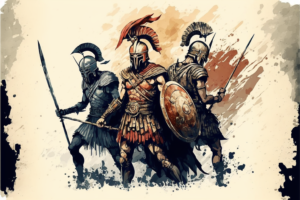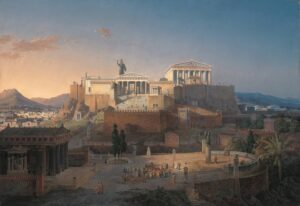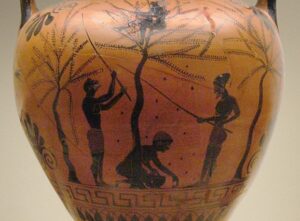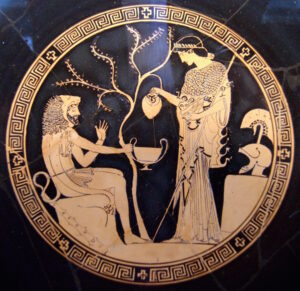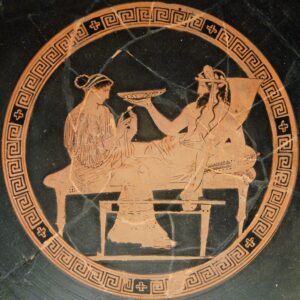The government of ancient Greece was important to the overall culture of ancient Greece and for the daily life of the ancient Greek people. The ancient Greeks were pioneers in the development of democratic government, and their influence can still be felt today. In this article, we examine the various forms of government that existed in ancient Greece, and explore the ways in which the Greeks experimented with different forms of government in their quest for the best system.
City-States and Government of Ancient Greece
Ancient Greece was composed of a number of city-states, each with its own government and unique political culture. The city-states of Athens and Sparta were the most influential, and their political systems served as models for other Greek city-states. More specifically, some city-states, such as Athens, were democracies where the people had a say in how they were ruled. Others, such as Sparta, were oligarchies where a small group of people held power.
Other forms of government in ancient Greece included monarchy, where a king or queen held power, and tyranny, where a single ruler had absolute power.
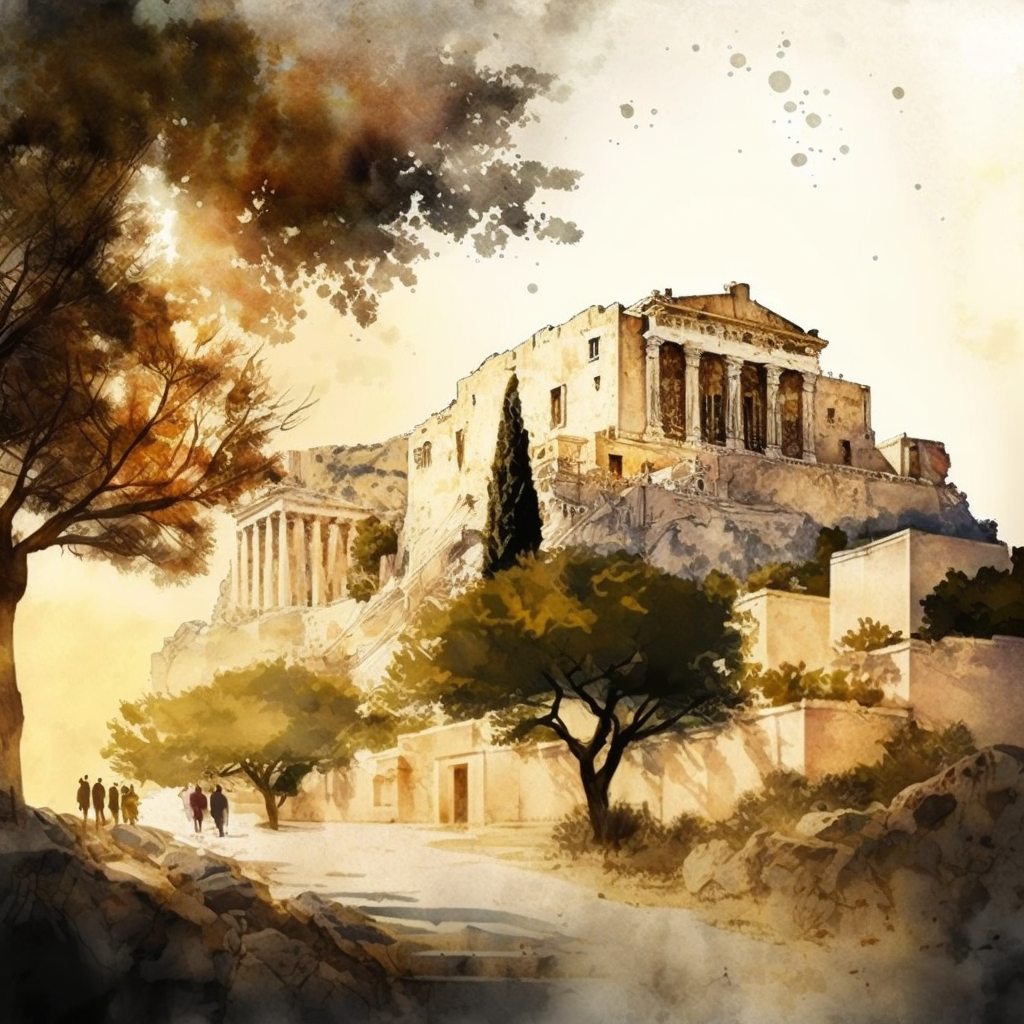
Athenian Democracy and Government of Ancient Greece
Athenian democracy refers to the democratic system of government that was developed in the city-state of Athens in ancient Greece. It was a direct democracy, which means that citizens were directly involved in the decision-making process, rather than electing representatives to make decisions on their behalf.
In Athenian democracy, all adult, male citizens (with the exception of women, slaves, and foreigners) were eligible to participate in the Assembly, which was the main decision-making body of the government. The Assembly would meet regularly to discuss and vote on issues of public concern, such as laws, policies, and wars. Additionally, a council of 500 citizens was chosen by lot to prepare the agenda for the Assembly and to serve as a check on the power of the Assembly.
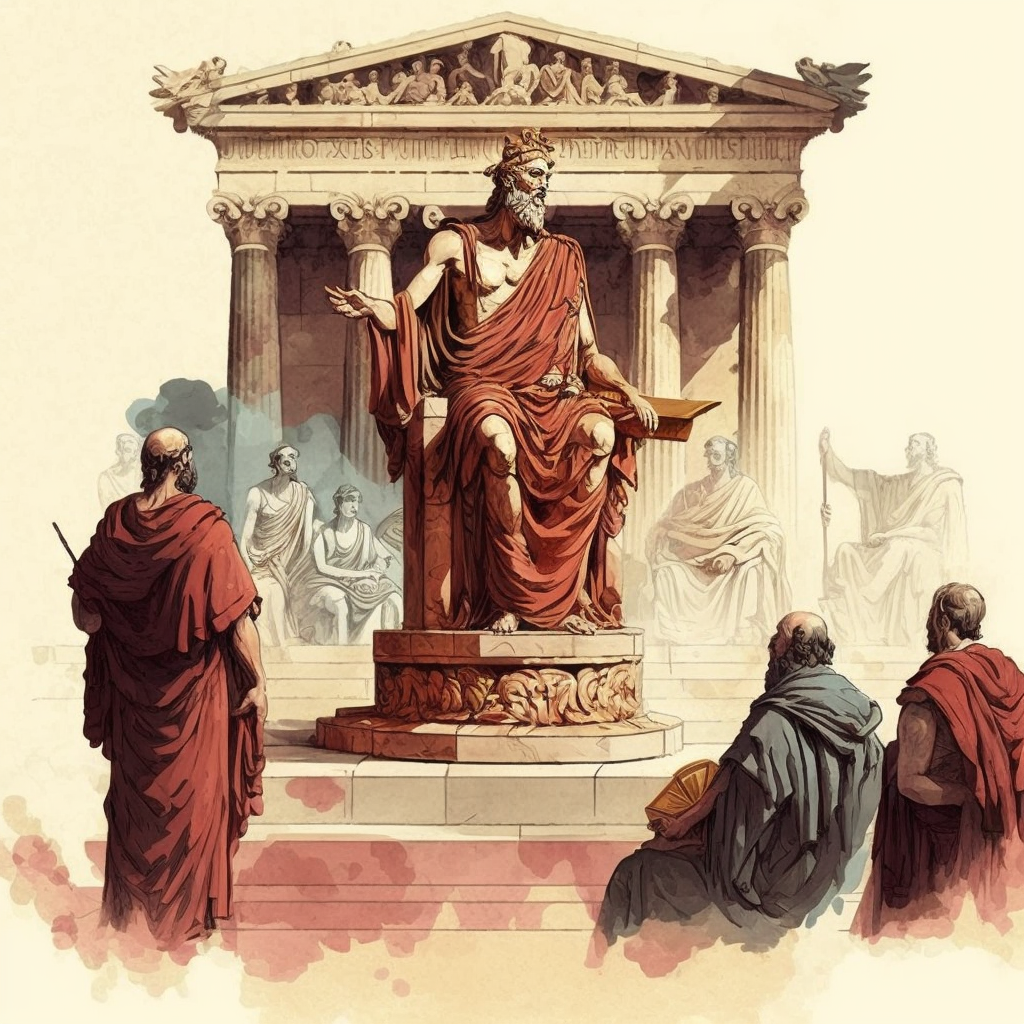
Sparta and the Government of Ancient Greece
In a Spartan oligarchy, power was held by a small group of people, including the two kings and a council of elders. The citizens of Sparta were divided into classes and only the top class, the Spartiates, were eligible to hold public office.
Sparta was a military state, and its government was centered around the army. As stated above, the Spartans had a dual system of government, with a small group of aristocrats ruling the city and a council of elders that made decisions regarding military affairs. The Sparta system of government was designed to maintain the military strength of the city-state and ensure the security of its citizens.
Ancient Greek Government Through Time
As the city-states of Greece developed and evolved, their political systems changed to reflect the needs of the times. The ancient Greeks experimented with different forms of government, including oligarchies, tyrannies, and democracies, in the different city-states of ancient Greece. Ultimately, the ancient Greeks are most known for the development of democracy as a form of government, and their influence can still be seen in the democratic systems of modern Western nations.
The principles of democracy and the importance of citizen participation in governance, that were first established in Athenian democracy, have been adopted and adapted by many countries around the world. For example, modern democracy is based upon the same basic principles as those first established in ancient Greece. Modern countries that practice democracy today include: Australia, Canada, England and the United States. With that said, many more are also democratic and democracy is the most popular form of government on the planet today.
In conclusion, the government of ancient Greece was varied, and each city-state had its own system of government. Some city-states were democracies while others were oligarchies or monarchies. Regardless, ancient Greek government is remembered today for developing and promoting democracy. Democracy has continued to develop and today is the main system of government among most nations in the world. For instance, modern nations such as the United States are built upon democratic principles that were first established in ancient Greece.

